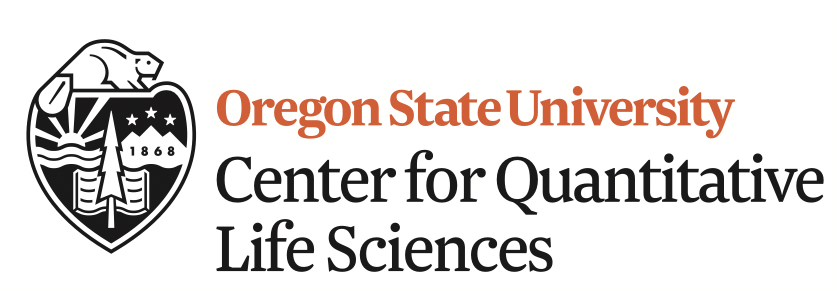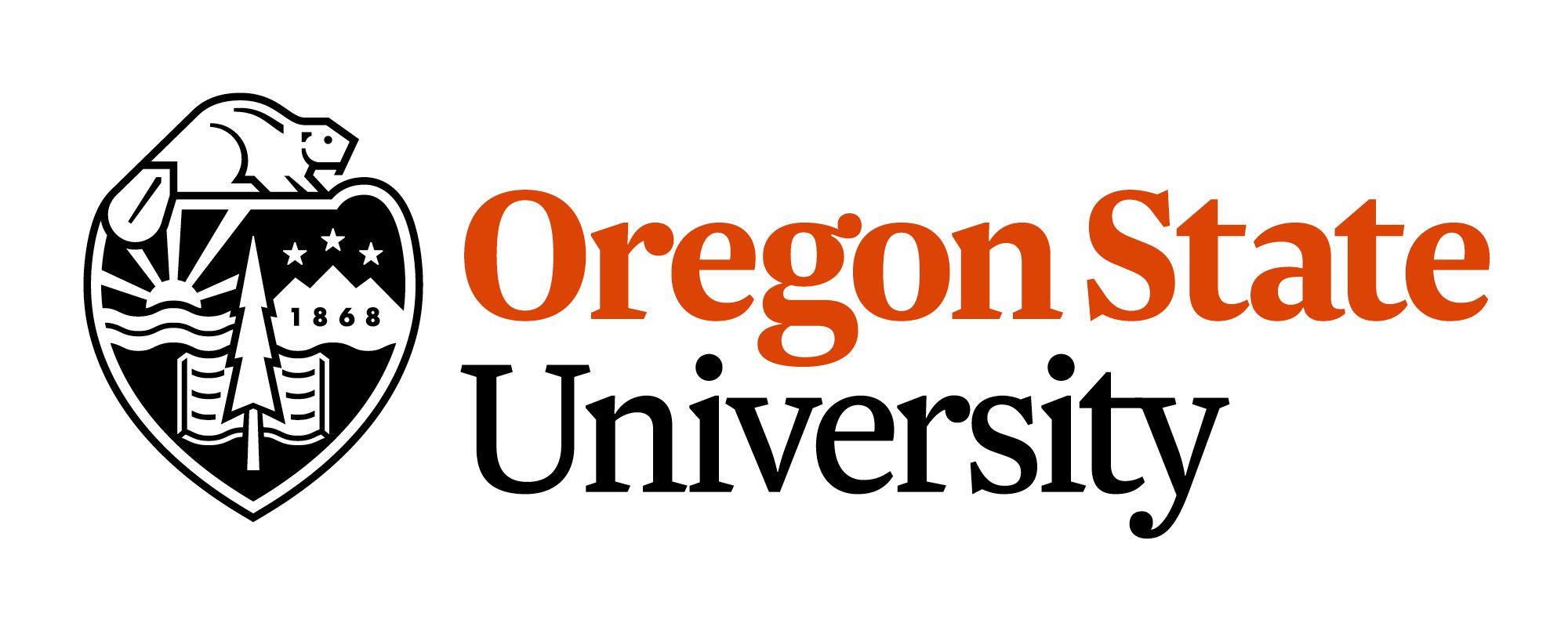All individuals using the CQLS infrastructure are required to adhere to appropriate data management, software licensing and the Oregon State University Acceptable Use Policy (http://oregonstate.edu/helpdocs/accounts/onid-osu-network-id/getting-sta...). Each lab principal investigator (PI) must make reasonable efforts to ensure that individuals under his or her supervision adhere to this policy. Each PI is strongly encouraged to appoint a group "point of contact" or "supervisor" for communication with the CQLS computational group in case of problems or emergencies. Individuals working within groups on the computational infrastructure should be cautioned that deleting research data, duplicating (or distributing) software or otherwise breaking acceptable use policies will cause their account to be locked and their PI or supervisor will be contacted. Finally, PI's and supervisors are strongly recommended to contact the CQLS when users are leaving their lab so that the CQLS can ensure a clean transition of access, data and resources.
Processor Usage
-
Please do NOT run jobs on a multi-user machine, ie. Vaughan, Needleman, Dayhoff or Waterman, please use the SGE_Batch tool or ETA to submit work to the cloud.
- There will be times when even this policy is too lenient.
- Users will be contacted if periods of extremely high processor load dictate more stringent restrictions.
- Jobs running on the cloud in the general or all queue should not go past 2 days of run time. If your job goes past this time its at the discression of the CQLS support staff if it will need to be killed or can continue. In general there is wait time to the all.q that can take some time to start, but 2.1 applies to all running jobs at all times. If unusual processor usage is observed by administrators, users will be contacted directly by CQLS Support.
- If unusual processor usage is observed by administrators, users will be contacted directly by CQLS Support.
-
Please do NOT run jobs on a multi-user machine, ie. Vaughan, Needleman, Dayhoff or Waterman, please use the SGE_Batch tool or ETA to submit work to the cloud.
File System Usage
-
Every user is provided 25GB of home directory space.
Users can go over that amount to a max of 100G for a total of 7 days at which point they
will need to bring the space back under 25G to continue working.
- home directory space is within the /home file structure
- all home directory files are backed-up nightly
- None of the file space provided by the CQLS Bioinformatics infrastructure should be considered permanent. It is the responsibility of the individual user to manage their files and remove useless or outdated files.
- The CQLS asks users never to set a folder to a permission of 777 or any permission set that allows the final group "other" to be writeable (a 7 in the third spot) as it will allow any user to write to this folder. If the CQLS finds folders set with this permission they will set them back to a proper permission set and notify the user. If this continues the account will be disabled.
- If a user exceeds or does not follow any of the above limits and policies, they will be contacted directly. If the file space usage is legitimate, the user or lab can rent space to increase the limits for the duration of the project or permanently.
- If file system usage by a single user interferes with the operation of the machine or another user's legitimate use of the machine, they will be contacted directly to develop a resolution. During extreme conditions, ie. severely limited file space availability, some files may be copied to digital tape at the expense of the user.
- Please use the server "files.cgrb.oregonstate.edu" to transfer data. This machine is setup for fast transfers and this will ensure there is no congestion on the "shell" access machine. This machine is not for general web services. This machine is strictly for upload and download of files. Please limit the number of concurrent upload/downloads per users.
- The space within the CQLS computational infrastructure is for research and OSU realated purposes. Please make sure usage is restriced to this type of data.
- The CQLS complies with the OSU campus policies for Digital Millennium Copyright Act Contact Information (DMCA). Please do not put copyright content within the CQLS computational infrastructure.
-
Every user is provided 25GB of home directory space.
Users can go over that amount to a max of 100G for a total of 7 days at which point they
will need to bring the space back under 25G to continue working.
Cluster Usage
-
Unless instructed otherwise, all users will use the SGE software to access cluster nodes.
This can be done using SGE_Batch or ETA.
- qsub, qrsh, qlogin, qstat, etc.
- Only CQLS support can decide whether exceptions to this policy are warranted.
- If a user has privileged access to a node, ie. the user's lab owns the node, s/he can compile software to be used on that node or set of nodes. If the software is to be compiled for general use or use on other nodes, the user must contact CQLS support.
- Users shall only use nodes to which they have formal access.
-
Unless instructed otherwise, all users will use the SGE software to access cluster nodes.
This can be done using SGE_Batch or ETA.
Software
- On multi-user machines, ie. Waterman, only CQLS support shall compile and/or install software.
- Individual users are allowed to compile software on nodes to which they have access as per 3C.
- If a user requires software not already available on the machine, s/he shall contact CQLS support directly or fill out a request on the ETA system. The user will receive specific instructions on how to proceed.
Security
- All users shall accept that the security of the infrastructure is a primary responsibility.
- All users shall use only their own account information to connect to a CQLS-hosted service.
- Connections to all servers on public networks shall be through secure methods, ie. HTTPS or Secure Shell (ssh).
- File transfers shall proceed exclusively with approved protocols
- sftp, samba, scp
- Violation of any security policy is considered a severe violation (see below).
In general, a user is allowed 3 total violations of any of the above policies. After the 3rd violation, the user's CQLS infrastructure privileges will be revoked. A User with revoked privileges must schedule a meeting with either Chris Sullivan (support at cgrb.oregonstate.edu) to be reinstated.
The Principal Investigator (PI) has ultimate control over, and responsibility for, CQLS infrastructure usage by members of their lab. If a violation of the policies listed here occurs and CQLS staff cannot resolve matters with a specific user, the PI will be contacted and subsequent decisions will be adhered to by the user.
Processor Intensive Job (PIJ)
Characteristics of PIJ
- has a high processor load
- uses more than 50% of a single processor, or
- uses more than 25%, cumulatively, of multiple processor
- maintains a high processor load for more than 10 seconds
- uses more than 1G of RAM
In general, if a single process, or collection of child processes spawned by a single parent, is characterized by any 2 of the above properties, we classify it as a PIJ.
Severe Violations
- A user's actions require that a machine be shut-down
- A user's actions directly interfere with another user's legitimate use of the infrastructure
- A user's actions cause the security of the infrastructure to be compromised in any way
Committing a severe violation results in immediate revocation of CQLS infrastructure privileges. Users with revoked privileges shall schedule a meeting with either Chris Sullivan before their usage

